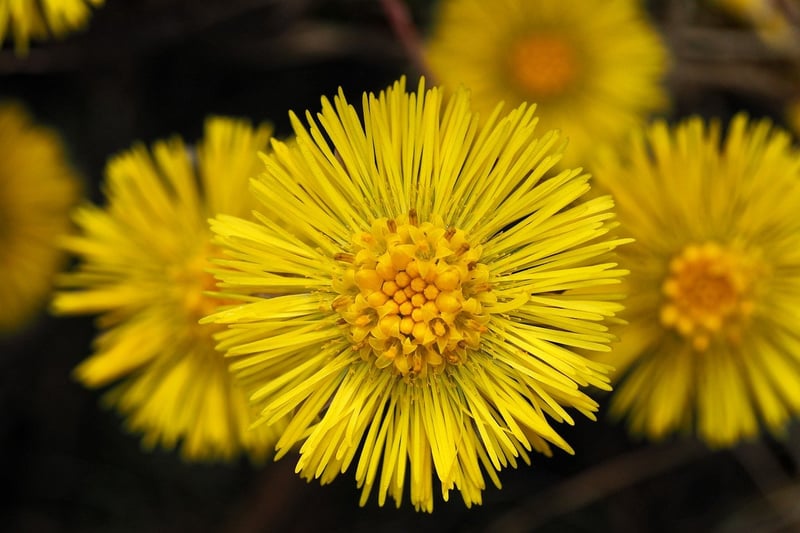Medicinal Plants
Grow Your Own Herbs for Culinary and Healing Purposes
Herbs are not only great for adding flavor to your dishes but can also be used for their medicinal properties. Growing your own herbs at home is a rewarding and cost-effective way to enhance your culinary creations and explore natural remedies for various ailments. Here's a guide to help you get started on growing herbs for both culinary and healing purposes.
Culinary Herbs
1. Basil:
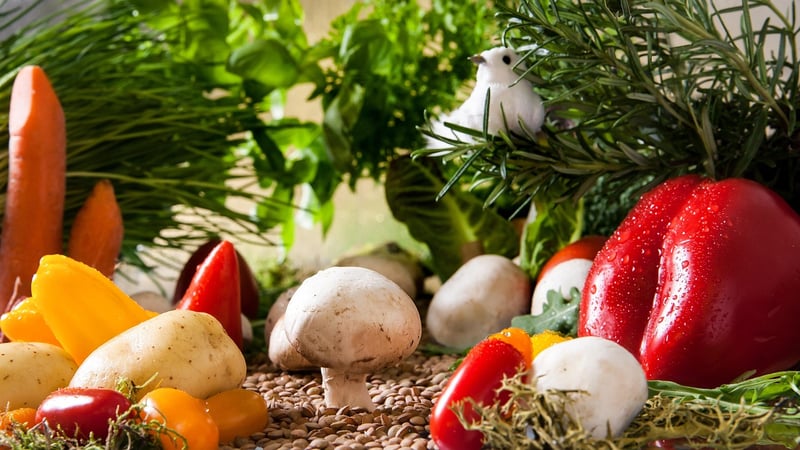
Basil is a versatile herb that adds a fresh and aromatic flavor to dishes. It is easy to grow indoors or outdoors and thrives in warm, sunny conditions. Use basil in pasta sauces, salads, and pesto.
2. Rosemary:
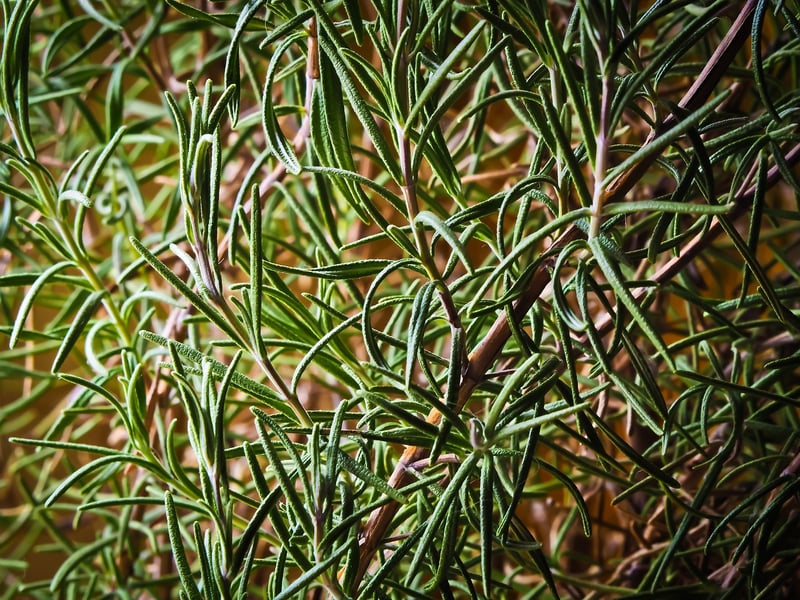
Rosemary is a woody herb with a strong flavor that pairs well with roasted meats and vegetables. It prefers well-drained soil and plenty of sunlight. Rosemary can also be used in infused oils and teas.
Medicinal Herbs
1. Lavender:
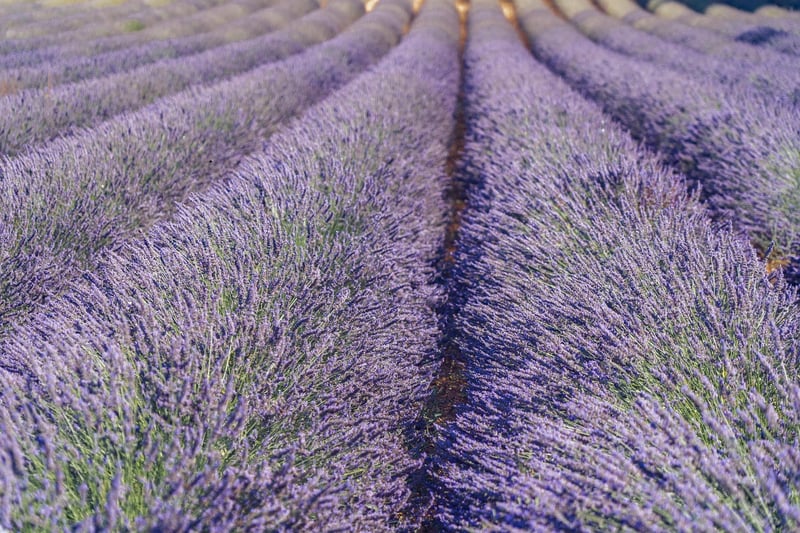
Lavender has calming properties and is often used to promote relaxation and improve sleep. It can be grown in containers and used to make teas, sachets, and essential oils.
2. Echinacea:
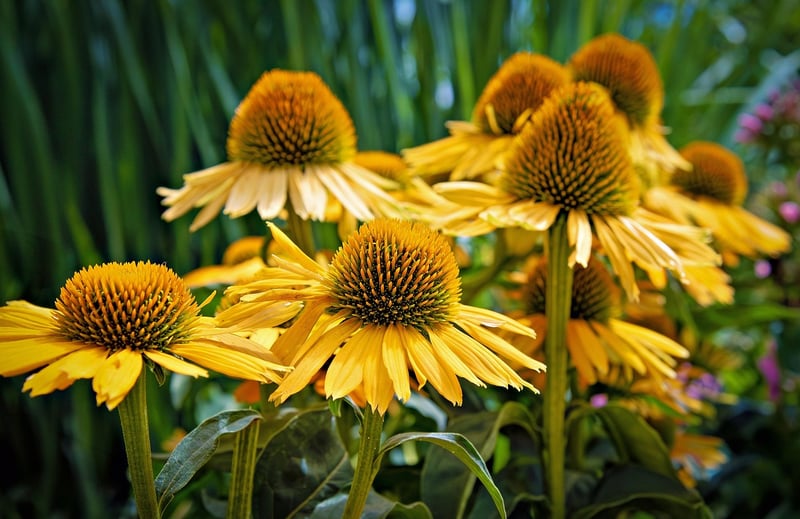
Echinacea is known for its immune-boosting properties and is commonly used to reduce the severity and duration of colds. It is a hardy plant that thrives in full sun and well-drained soil.
Tips for Growing Herbs
- Choose a sunny spot for your herb garden.
- Use well-draining soil to prevent waterlogging.
- Water herbs regularly but avoid overwatering.
- Harvest herbs often to promote growth.
- Research individual herb care requirements for best results.
Whether you're looking to enhance your cooking or explore natural remedies, growing herbs at home can be a fulfilling and beneficial experience. Start your herb garden today and enjoy the flavors and benefits of these versatile plants!
For more information on medicinal plants, check out WebMD's guide to medicinal plants.
